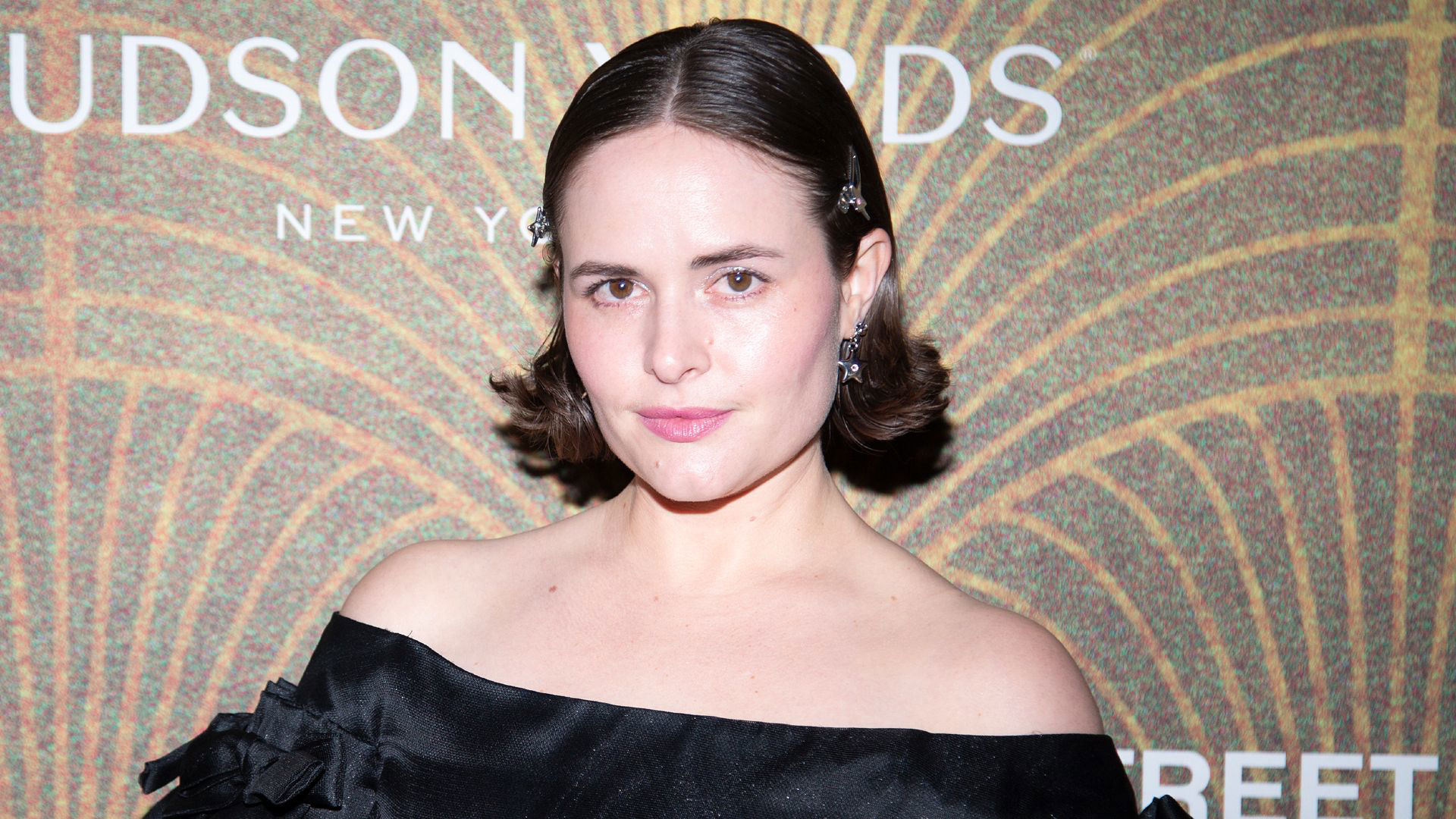In a headline-grabbing move that blends social media influence with digital rights, TikTok creator Kelley Heyer has filed a lawsuit against Roblox Corporation. The reason? Allegedly unauthorized use of her original dance choreography inside the wildly popular online game platform. This legal action not only raises eyebrows but also questions the gray area of digital ownership in the age of viral content.
Let’s dive into the key facts of the case, why it matters for both creators and game developers, and what it could mean for the future of intellectual property in the metaverse.
The Lawsuit: Dance Moves Turned Legal Moves
To begin with, Kelley Heyer, known for her creative and viral TikTok dance routines, claims that Roblox used her choreography without her consent or compensation. According to legal documents, her specific dance was reproduced as an emote—a type of animated movement players can purchase and use in the game.
While this might seem trivial to some, in the world of content creation, choreography is considered intellectual property. Much like a song or a design, a dance can be copyrighted and protected by law.
Roblox’s Response and Industry Implications
As of now, Roblox has not issued a public statement regarding the lawsuit. However, this isn’t the first time a game platform has been under fire for allegedly using viral dances without credit. Fortnite, another giant in the gaming space, has faced similar lawsuits from creators whose dances were turned into in-game emotes.
This lawsuit could set a significant precedent. If the court sides with Heyer, it may force game developers to change how they source, credit, and pay for creative content, especially from platforms like TikTok and Instagram, where dances spread like wildfire.
Digital Creators Demand Recognition
Kelley Heyer’s legal action is about more than just a dance—it’s about respect and rights. Like many creators, she’s advocating for acknowledgment and fair compensation for her original work. As more people earn a living by producing viral content, the line between entertainment and intellectual property continues to blur.
Importantly, this case highlights a recurring issue: digital creators often find their work reused or commercialized without permission. And while the internet moves fast, legal protections are still trying to keep up.
The Bigger Picture: Who Owns Online Culture?
In today’s digital age, where memes, dances, and trends move at lightning speed, the question of ownership becomes critical. Platforms like Roblox and Fortnite have built billion-dollar ecosystems around user engagement—but when does that cross the line into exploitation?
If Kelley Heyer wins her case, it could empower other creators to protect their content more actively. On the flip side, it might also encourage gaming companies to establish licensing agreements before using viral trends.
Conclusion: A Turning Point for TikTok and Gaming Worlds
In conclusion, Kelley Heyer’s lawsuit against Roblox isn’t just a legal dispute—it’s a wake-up call. It signals a shift toward holding digital giants accountable for how they use user-generated content. Whether you’re a fan of TikTok, a gamer, or a creator, this case is a clear reminder: in the digital world, creativity is currency—and it deserves protection.
